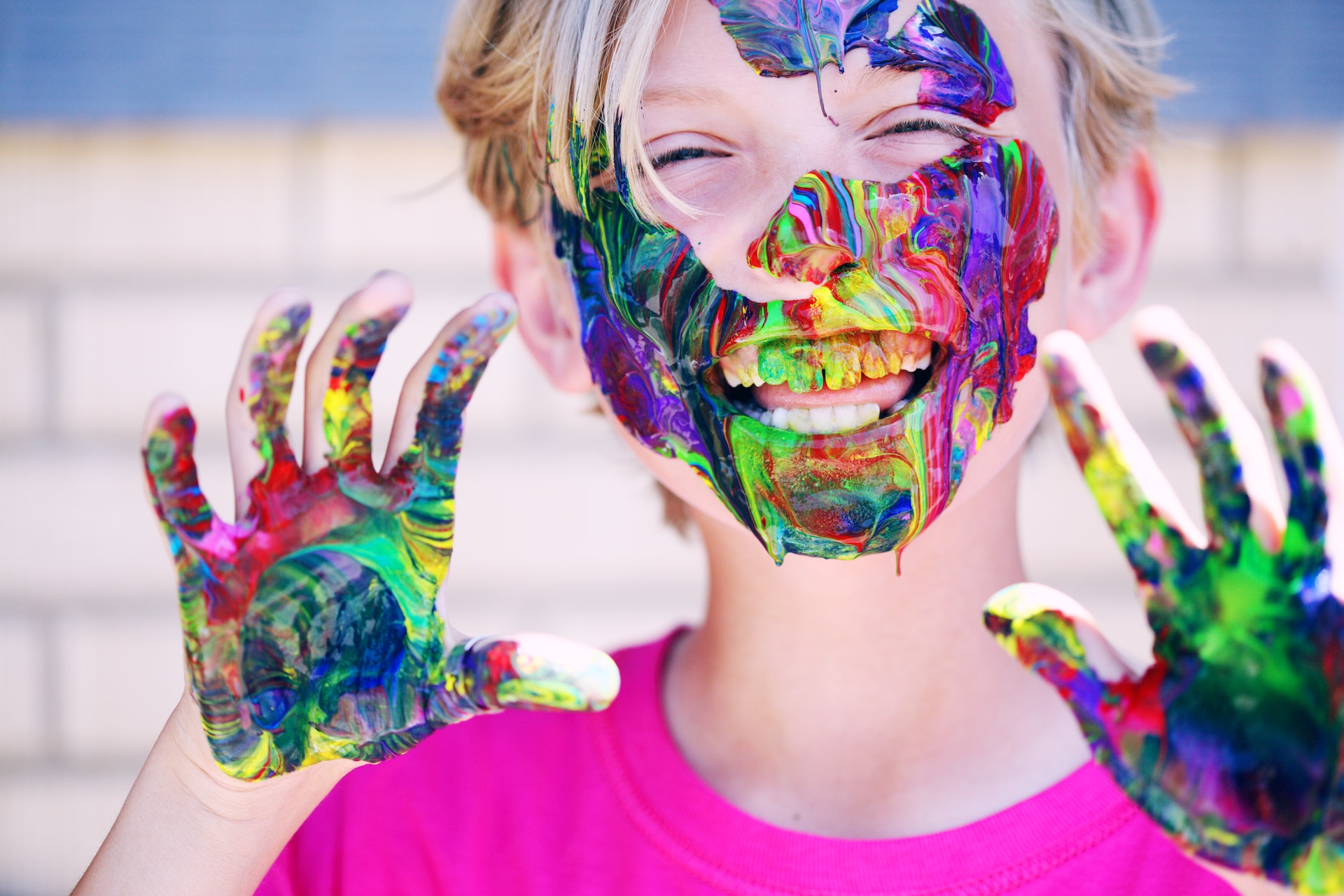Why Are My Kids So Different? I Raised Them All the Same.
This is a common question that parents have for psychologists and other mental health professionals. Even in the best of homes, kids can be so different. What’s going on here? There are two main reasons for the differences. First, you probably did not really “raise them the same.” Secondly, every person is born with a different biological inheritance – things like genetics and brain chemistry. That biological inheritance can affect how a person interacts with the world and how he or she sees themselves in it.
Usually, when parents talk about raising their children the same way, they are thinking of superficial rules of the house. “Dinner is at six…homework is right after dinner…make your bed every morning…bedtime is at 9:00 pm and always say ‘please’ and ‘thank you’.” These household rules are very important in the raising of children to be responsible adults. However, they are not the whole story in how we raise our kid and what kind of messages they get from us.
Only one child can be the first-born. Only that child can get the exclusive attention of adults for those first years. No sharing is required – of toys or mommy. Only that child will have expectations put on him or her as the oldest. “Take care of your little sister…you’re older, you should know better…be a role model for your little brother.
Most parents who have more than one child can admit they were nervous with the first-born and more relaxed with any subsequent children. The first-born is a brand-new experience for the parents. They can be unsure of what to do. They may be overly worried and protective or perhaps not protective enough. They may run to the doctor with every sneeze or call grandma in a panic when sleeping habits change for the worse. Most parents I know are more relaxed and less strict with later children. They have learned how to handle most of the “crises” of the growing years and have learned which things to let go and which to attend to. Of course, these differing approaches will affect kids differently – not necessarily badly, just differently.
Only one child can be the “baby” of the family and get that extra attention or even be treated younger than their actual years. There are many 30-year olds who still cringe at the title of “baby of the family” and often resent being treated that way.
One child may be quieter and more cooperative by nature. He or she may receive more positive attention than another sibling who is more “high maintenance”, more active or more demanding or worse in school.
Kids also learn about life and their place in it from older siblings. They watch the older child’s activities and model their own behavior after it – or try to act the opposite way. In our own family, my second daughter told us she would watch her older sister get in trouble for being more defiant and decided to be more cooperative with house rules, homework and the like to stay out of trouble.
Changing family dynamics can also induce children to develop differently. Perhaps dad starts working more and is rarely home. Maybe the stay-at-home mom begins a full-time job and a different adult is in charge. I’ve heard people talk about how great their dad was while their older siblings couldn’t stand the man. The main difference was that dad had been an angry, aggressive alcoholic in the early years of the family and had gotten sober and calmer for the younger kids. This, of course, led to a calmer, more nurturing family life for them while the older ones grew up on the hostile, fighting-all-the-time atmosphere.
We may treat boys and girls differently or relate better to one child over others. We could be tougher or easier on a child because she reminds us of someone else – or of our self. Although we would never say it out loud, a parent may have a favorite child whom we find it easier to talk with or cuddle with.
As you can see, there are many possible ways we might not raise our kids “exactly the same”. Of course, different is not bad – just different. Watch for the next blog on “The Doctor Is In” to see how a child’s biological inheritance (genes, temperament, etc.) will also affect our kids and make them very different from each other in their development.
Take care of yourself out there; you deserve it.




